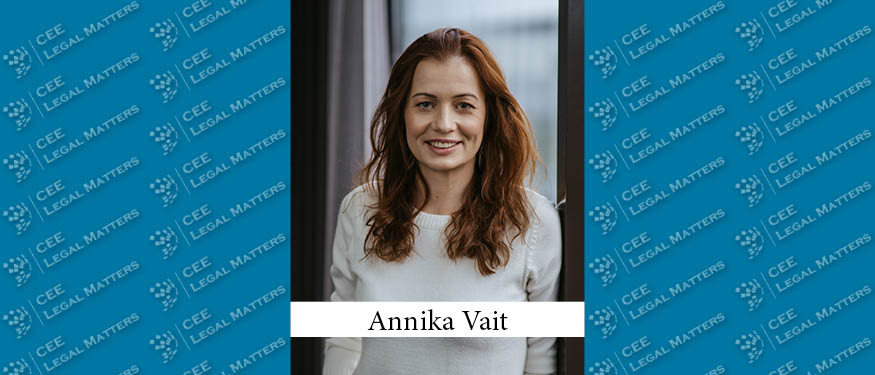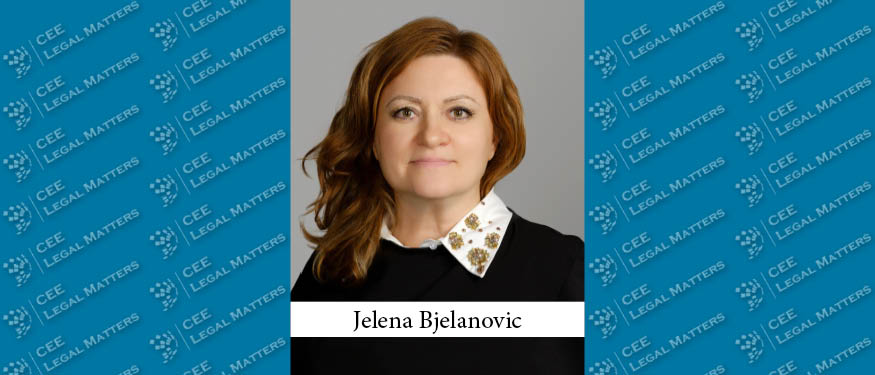1,111 complaints have been submitted to the Constitutional Court of Hungary by domestic solar panel users, who argue that the change in the balance accounting system is causing them significant financial disadvantages. Specifically, the amendment introduces a monthly gross settlement after 10 years of solar panel installation.
The essence of balance accounting is that only the difference between the electricity consumed from the grid and the electricity produced by the solar panel and fed into the grid during the accounting period is accounted for. Private households installed solar panels on their roofs under the assumption that these would cover their annual electricity consumption and help avoid high electricity bills.
The complaints state that switching to gross monthly billing is disproportionate and disadvantageous for them, since a significant portion of the energy produced by solar panels during sunny months is not immediately used and is instead sold to MVM (MVM Energy Private Limited Liability Company), typically at a very low price (5 HUF/kWh). In the less sunny months, solar panel production is lower than consumption, and electricity must be purchased at a price several times higher (currently a feed-in tariff of 36 HUF/kWh) than the purchase price offered by MVM. Gross metering means that households cannot simply "offset" the excess energy produced in summer, as was possible with balance metering.
The Ministry of Energy believes that no fundamental rights have been violated in this case. According to an EU regulation, new applications for connection licenses with annual balancing accounts will not be accepted from 2024, so the amendment was deemed necessary. The Ministry added that the solar panel system would recover its cost within 10 years, so the amendment would not jeopardize its financial return. The Constitutional Court acts according to the rules of the so-called "leading decision" procedure, meaning that the decision in the selected case will automatically apply to other complaints. The draft decision is being prepared, but no information is available on when the Constitutional Court will issue its ruling.
By Lilla Majoros, Attorney at law, KCG Partners Law Firm

















